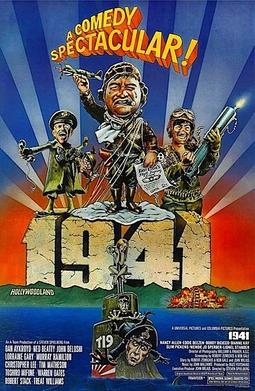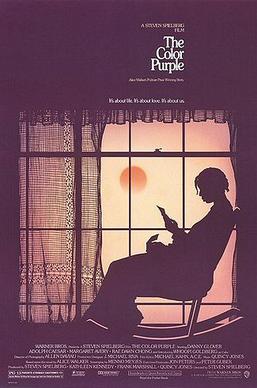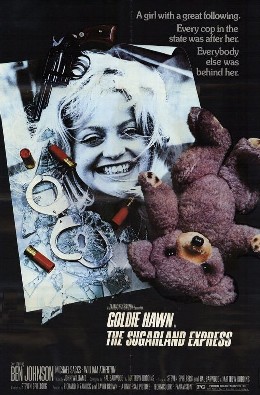Steven Spielberg.
There is no doubt in my mind that he is the greatest film director of all time. I am in awe of his ability to create incredible pieces of art that also speak to the broadest possible audience. People accuse him of being too sentimental or too emotional. But those criticism only reveal the lack of heart in the critic.
Spielberg's movies speak to us because he is one of us. He is a genuinely decent person from a modest American life with big dreams. He loves his faith, he loves his family, he loves his country, and he loves his art. All of that love is present in the best of his films and that is why they connect with us.
Last year, I completed one of my "bucket list" goals and watched every Spielberg feature film, including Amblin' and Duel. It was fascinating to see early traces of his later style in those early films and to watch him slowly find his own voice as he experimented with so many others.
So for the next few weeks, we are going to go through and rank Spielberg's movies from worst to best, along with my observations. Feel free to chime in through the comments section below.
We are going to start with the "Lesser Spielberg" section and work our way up. In a career as long and prolific as his, he was bound to have some bombs.
#35 - 1941 (1979)

The story structure is awful, diverting to sequences of little consequence or enjoyment. The pace is tedious and the characters are all universally awful. You could tell that this was not in Spielberg's wheelhouse. This is also the first time you see Spielberg intentionally ripping off his own work with the Jaws sequences at the opening. I think this movie scarred him so much that he refused to reference anything he had done previously when he made Ready Player One. If you notice, he hasn't tried to do a full out comedy since. There are some audacious visual sequences where he tries to create something interesting and compelling from the script, but all it does is draw out the movie with greater tedium. Everything about this movie lacks the trademark Spielberg heart and so it is the movie that has the least Spielberg in it.
#34 - The Color Purple (1985)

In fact, that dinner scene sums up a good deal why this movie doesn't work for Spielberg. All of the emotional catharsis occurs in this overly long scene set in a cramped dining room with a dozen cast members. It is so overly talky and visually stunted, but Spielberg was backed into a corner because this is where the script converged the characters. Nothing about this scene played to his strengths. The scenes that work best are the ones where he can tell the story of the characters visually. The scene where Celie is shaving Mister (Danny Glover) while waiting to intercept a letter is incredibly tense to watch. But too often Spielberg is constrained by a script that is at odds with who he is as a filmmaker. The entire movie is soaked in a dark and cynical view of the world. When Spielberg adapted Ready Player One, he also dealt with source material that was filled with several layers of irony. But in that case, he adapted the material to match his strengths as a filmmaker rather than try and adapt his strengths as a filmmaker to the material. He does the former very well, but only learned to really do the latter when he went to Schindler's List.
#33 - The Sugarland Express (1974)

If Spielberg were to remain on this track, I don't think he would have become a director of any real consequence. He would have gotten lost in the shuffle of young and gruff filmmakers of the era. You could argue that his later films were very much of the 1980's, but there are two problems with that: 1) Most of his movies of that time transcend their era and are incredibly rewatchable over time and 2) the reason his movies feel like the 1980's is because he was THE main influence of classic 80's films. In that era, Spielberg was not following others; others were following him.

No comments:
Post a Comment